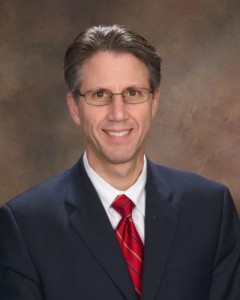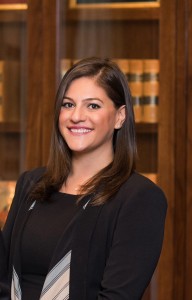We had a great time at the Calvin Ashland Awards Dinner last week, honoring Howard Ehrenberg as the Trustee of the Year. I’ll post his remarks soon. His best advice to other trustees was, “Never take possession of something that has to eat.”
We also recognized our outgoing President Roksana Moradi-Brovia, and swore in incoming President Hale Antico. Hale has been involved with the cdcbaa since before I joined the group and is a great consumer lawyer. He built our first website. He has been there very step of the way with my partner Roksana the last two years. We are in good hands. He has true enthusiasm and interest in our group and in continuing the good work we do.
Our incoming Vice-President is Lucy Mavyan, attorney for Chapter 7 Trustee Wes Avery. We are looking forward to her active involvement.
Judge Charles Novack, Northern District Judge who did the 9th Circuit Review with Judge Julia Brand and I at Loyola Law School two years ago, told me in July at the 9th circuit Judicial Conf in Spokane that he is still shocked that we got so many people to come to the program on a Saturday. He was clearly impressed. Judge Chris Klein from Sacramento will be coming down again this January to do the program with Judge Brand and I on January 18, 2020. Read more…






